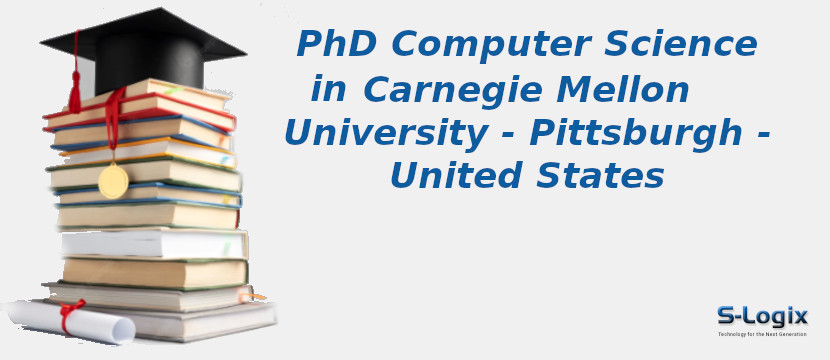Carnegie Mellon University (CMU) is a private and global research university in Pittsburgh, Pennsylvania. Carnegie Mellon University combines the Carnegie Institute of Technology and the Mellon Institute of Industrial Research, even though it is regarded as a single institution.
Carnegie Mellon University contains seven colleges and independent schools that include the College of Engineering, College of Fine Arts, Dietrich College of Humanities and Social Sciences, Mellon College of Science, Tepper School of Business, and Heinz College of Information Systems and Public Policy, and the School of Computer Science.
For the past ten years, CMU has raised more than $7 billion in funds to encourage up to 400 startups. With ground-breaking brain science, CMU facilitates great support by providing path-breaking performances, innovative startups, driverless cars, big data, big ambitions, Nobel and Turing prizes, hands-on learning, and many robots.
Carnegie Mellon University was founded in 1900 and ranked 25th among national universities and works in many research areas, such as engineering, computer science, robotics and business, public policy, fine arts, science, and the humanities.
Address: 5000 Forbes Ave, Pittsburgh, PA 15213, United States
Phone: +1 412-268-2000
Email: cmuregistrar@andrew.cmu.edu
Website: https://www.cmu.edu/
Typically research growth in the Computer Science Department is continued by robust foundations. Various research areas are evolved to turn out computer research in new directions
and research areas at Carnegie Mellon University are listed below;
• Artificial Intelligence
• Graphics
• Programming Languages
• Security
• Systems
• Theory
Artificial Intelligence – With the evolution of AI, Carnegie Mellon University works on solving complications of probabilistic and numeric nature, leading to the consolidation of techniques from mathematics, engineering, operations research and economics. Researchers from Carnegie Mellon University achieve better outcomes on intelligent digital libraries, data representations and algorithms, market clearing technologies, and complex task-embedded robotic applications. Currently, such researchers work on multiagent systems for AI for better real-world interactions.
Programming languages - Faculties and researchers from Carnegie Mellon University are working on the specification, verification, implementation, evaluation, and validation of programs in addition to language design and implementation. Programming languages research works range from abstract theories of programming notions to their large-scale implementations in software systems. Carnegie Mellon University research under programming languages envisions future languages for safety and security purposes.
Systems - Carnegie Mellon University works on constructing innovative systems with sufficient realism, scale, performance, and usability from high impactful experts.
Graphics - Recent graphics research projects of Carnegie Mellon University include a realistic representation of character skin deformations, dynamic motions, trips, grasps, and clothing, directed from captured human motion data and human subjects studies. Some novel graphics research scopes are elucidation and interface tools for photographs, views of scenes managed from huge collections of images and video; and understanding problem-solving strategies for difficult problems such as protein folding.
Security – The security research focus of Carnegie Mellon University is broadly identified as advancing the foundations of security and privacy, constructing provably-secure systems, and implementing new programming languages and tools to support the building of secure software. This research area is concerned with all disciplines that lead to broad research topics such as authentication, language-based security, secure information flow, system and network security, cryptographic protocols, privacy, and mechanisms for accountability and transparency.
Theory - Carnegie Mellon University possesses a powerful and varied group in Algorithms and Complexity Theory. Research interests of Carnegie Mellon University under the theory of computation include data structures, algorithm design, complexity theory, coding theory, parallel algorithms and languages, machine learning theory, cryptography and security, computational aspects of economics, online algorithms, and scientific computing.
Carnegie Mellon University develops numerous research labs and centers to improve the research focuses in every domain. Some of the research labs are listed below;
• Advanced Chip Test Laboratory (ACTL)
• CALCM for computer architecture
• Data Center Observatory (DCO)
• Microelectromechanical Systems (MEMS) Laboratory
• Claire and John Bertucci Nanotechnology Laboratory
To encourage the student-s research works and academic needs, Carnegie Mellon University implements several scholarships schemes and grants that are listed below;
• SCS General Scholarship Fund
• Jacobo Carrasquel Endowed Scholarship Fund
• Computational Biology High School Summer Program Scholarship Fund
• Scott Krulcik Scholarship Fund
• Mark Stehlik Impact Scholarship
